Life of an Automation, Control and Instrumentation Field Service Engineer
Oluwaseun Adu has over 12 years of experience as a Field Service Engineer and has specialised in automation, instrumentation, and control. He studied electrical and electronics engineering as well as mechatronics.
Oluwaseun is currently working for the Italian company SACMI Packaging & Chocolate SpA.
Before that he spent 7 years with Anheuser-Busch based in Nigeria.
Oluwaseun Adu, Field Service Engineer for SACMI Packaging & Chocolate SpA in Nigeria
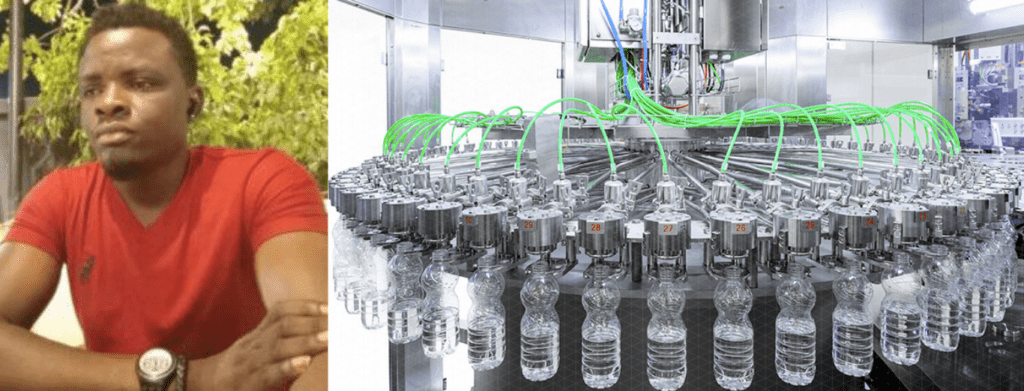

Background and path to engineering
Could you give a brief description of your background and what led you to study electrical and electronic engineering and then mechatronics?
It wasn’t intentional and wasn’t planned for me to study engineering. However, I have a cousin who was attending a technical institute, and his dad approached me and suggested I attend too. He thought that I would like it. When I asked him what to study, he said he wouldn’t tell me, but he brought out some courses and asked me to choose one. I chose electrical and electronics engineering. He asked me why? I told him I wanted to be able to maintain our domestic appliances. He said OK and that was how I started to study.
Were you interested in science and engineering when you were a child?
No. My plan was to become a police officer but my passion for the police changed when I started my school programme of electrical and electronic engineering.
Typical day as a Control and Instrumentation Field Service Engineer
What’s your typical day like in terms of learning and problem solving?
I am always busy learning and finding solutions to my skill problems. There are some things which I don’t know, so I learn them on my own by attending a paid course or seminar.
How much of your time is spent on site and how much with admin and other tasks?
10 hours per day on site except in rare cases.
What are the types of equipment you service, maintain, and install?
Complete beverage lines:
PET (Polyethylene terephthalate) LINE,
CAN LINE and
GLASS LINE.
Types of equipment are:
Filler
Blow mould
Pasteuriser
Labeller
Shrink wrapper
Palletiser
Stretch wrapper.
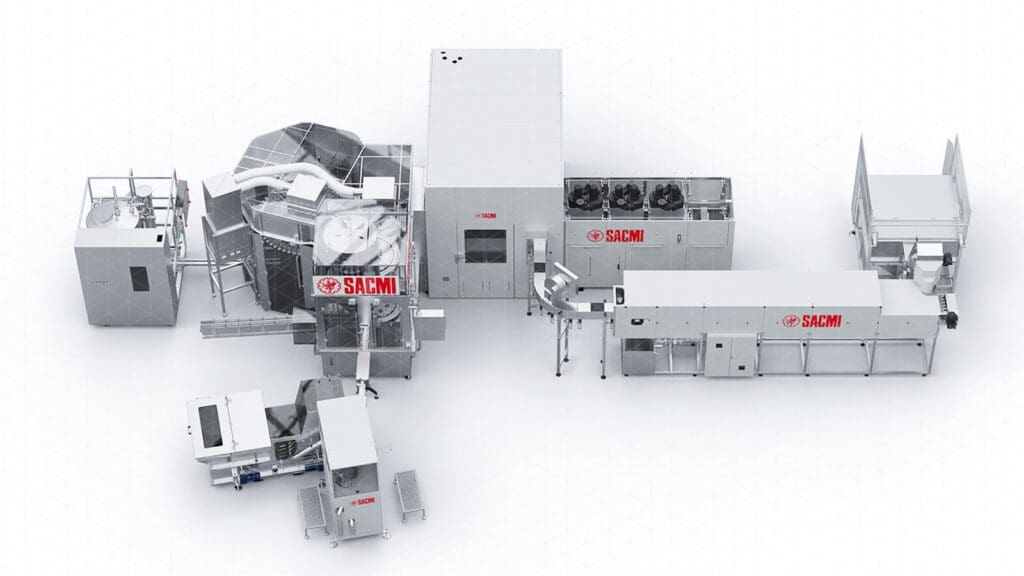

What is the best piece of equipment you have serviced?
Filling machine and blow mould
Videojet
Palletiser
What do you think will be the biggest change in the equipment you work on in the next five years?
Constant upgrades due to changes in technologies.
Transferable skills
You have worked in different industries? What did you learn that you could take with you to your current role?
I have learnt adaptation and how to manage situations. Different companies have had different management tools, so combining all those tools is what keeps me going.
I have gained good knowledge of:
TPM (Total Productive Maintenance) methodology,
VPO (Voyage Plant Optimisation) and the
”Manufacturing Way” model.
Cultural differences
You work for a company with its HQ in Italy and previously worked for a company with its HQ in Belgium.
What are the key differences in management styles and ways of doing things?
The key difference is the tools used by each organization. Their cultures are not the same, but they all achieve the same result: superb.
Do you do training courses locally or at Head Office?
All the training is carried out locally.
Do you think it would be an advantage to you to learn Italian?
I think it would be a great advantage. I missed out on a job opportunity because I can’t speak Italian.
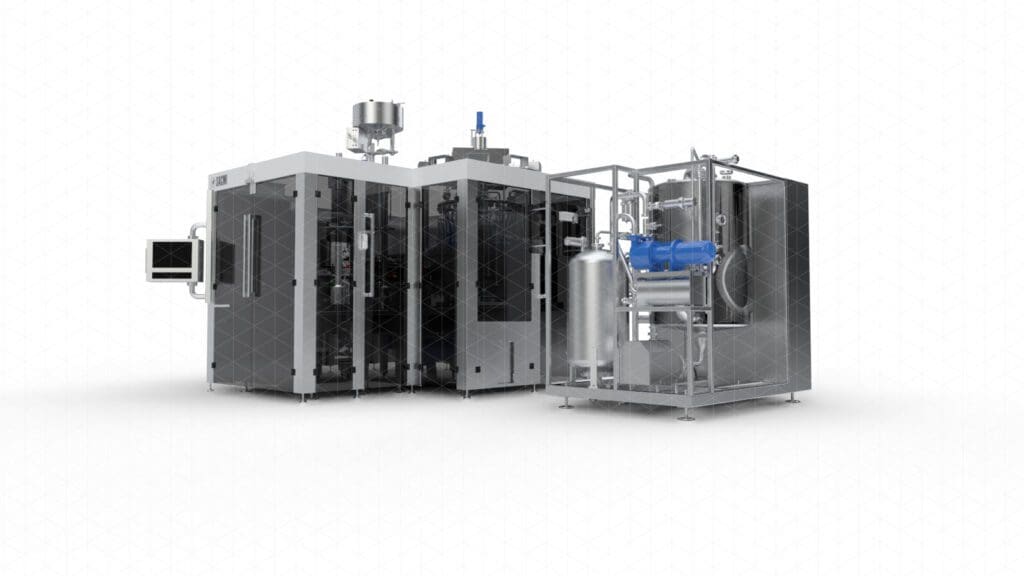

Most challenging part of the job as a Control and Instrumentation Field Service Engineer
What do you find most challenging when you are working?
For me the biggest challenge is the language barrier. Sometimes I use a translator to convert from English to French when I travel out of my country to execute a project.
What has been your most challenging job in the field?
My most challenging job is the use of IndraWorks software which I am currently learning, and I am coping efficiently.
Have you ever arrived on site and found that it was much easier than you expected?
I have been to a site and just had to activate a function on the HMI and the process started. It was because of an operational skill gap.
The equipment you install is for food and beverage production.
Are there particular health and safety rules you need to follow in terms of hygiene (when on site)?
Yes. There are some critical pieces of equipment that I must take very seriously because of food safety.
For example, the vent tube detector during filling, and inspection machine before filling. These pieces of equipment must be 100% efficient, their performances are being monitored and a clean hand glove must be worn before making contact with them.
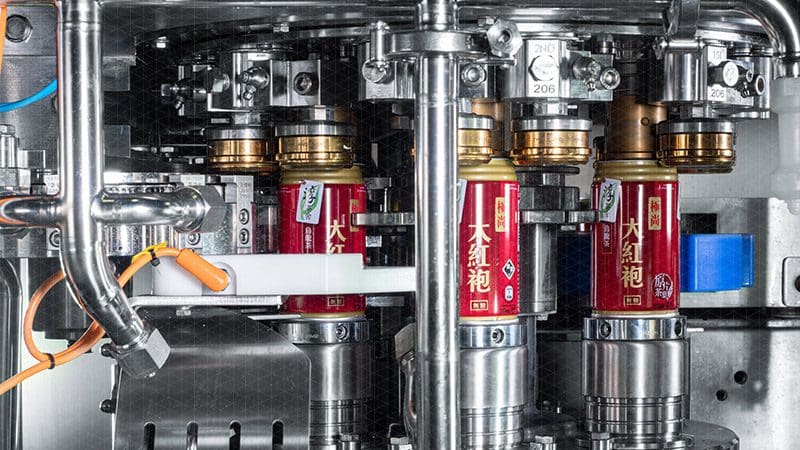

Making a winner
What makes the type of field service engineer who is tomorrow’s senior engineer?
To be a good service engineer, you must be:
Skilful.
Bold enough to face challenges.
Someone who doesn’t panic when on site.
Able to read and understand technical information easily.
How important are communication and people skills?
Communication is very key and very important, and not just communication, effective communication.
How key is experience from working compared with academic knowledge?
Academic knowledge is just the foundation, but the most important is the experience from work. No matter how good you are in class when you are studying, you still need experience from work to be exceptional.
How important is ongoing training?
Ongoing training is very important, but the most important thing is the ability to learn on the job.
How key is it to have a mentor and a good team supporting each individual engineer?
Very key and very important.
New field engineers
What advice would you give to someone who has just started their first job as a field engineer? Or is considering moving into this field?
There are plenty of challenges to face as a field service engineer and as an upcoming field service engineer.
Learn to encourage yourself, learn to listen to customers, learn to ask if you don’t know.
Don’t feel bad when you make a mistake but learn from your mistakes.
Be bold because you’re going to face plenty of people with different mentalities. Some cannot speak your language; some will find it difficult to understand you. Don’t let those challenges bring you down or discourage you.
Why would you recommend field service?
Field service is very good because it will expose you to a lot of things and to different people.
Apart from a strong technical background, what are the three most important skills to have?
The three main skills are:
Listening skills
People management skills
Team player skills
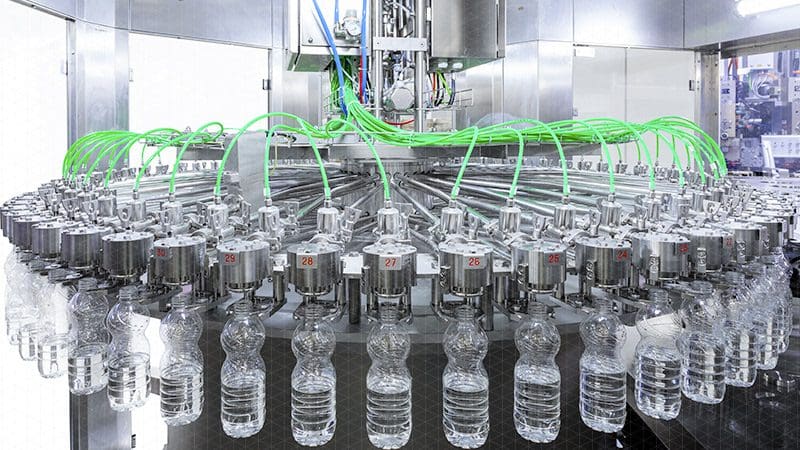

Further Reading
A US Navy veteran who installs and services baking production line equipment for Kaak North America
A food and beverage production line equipment Field Service Engineer – meet Philip Asamoah Boamah


Responses